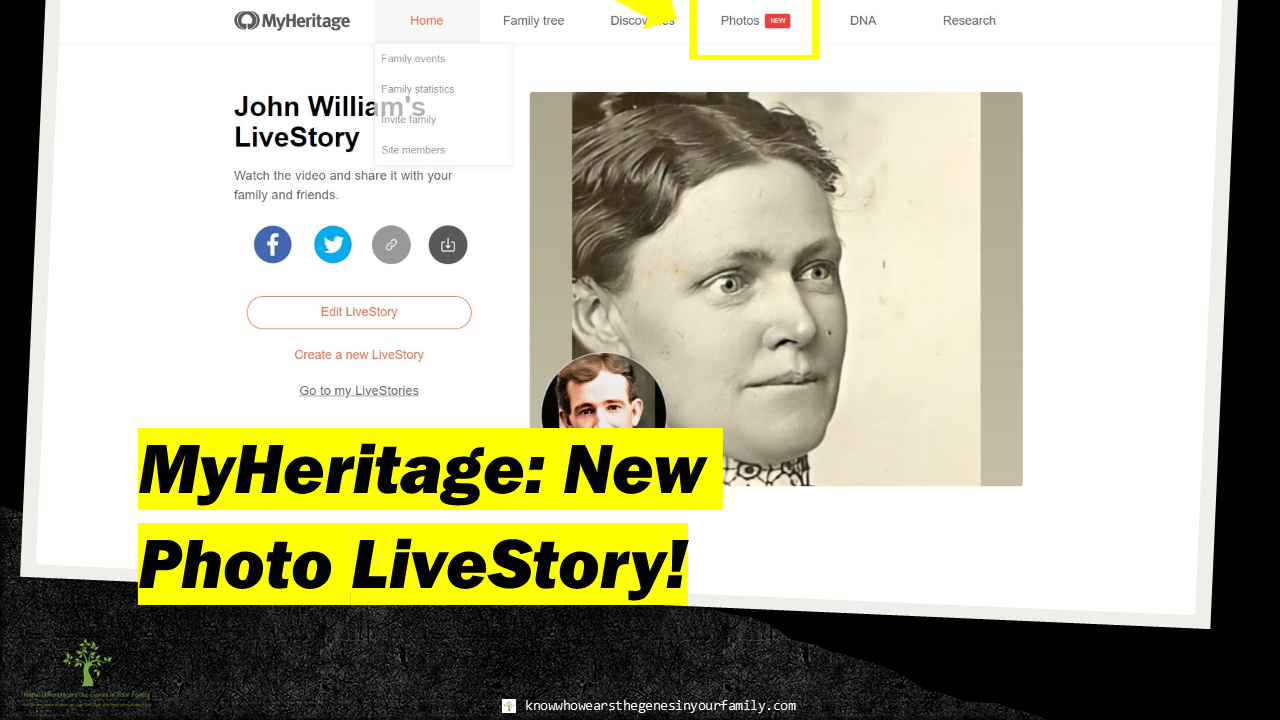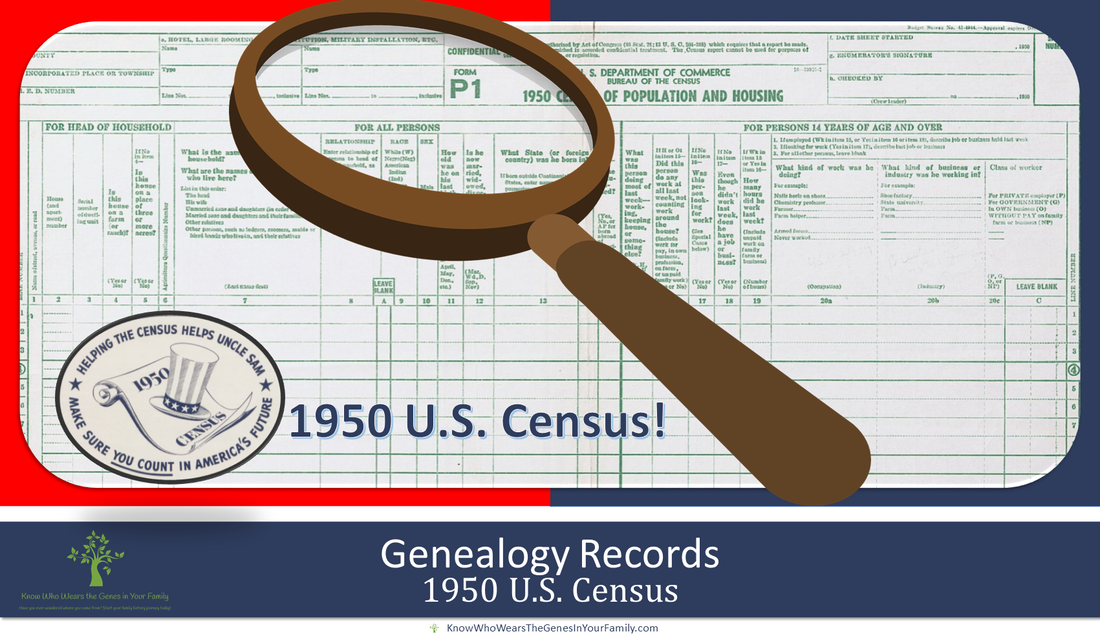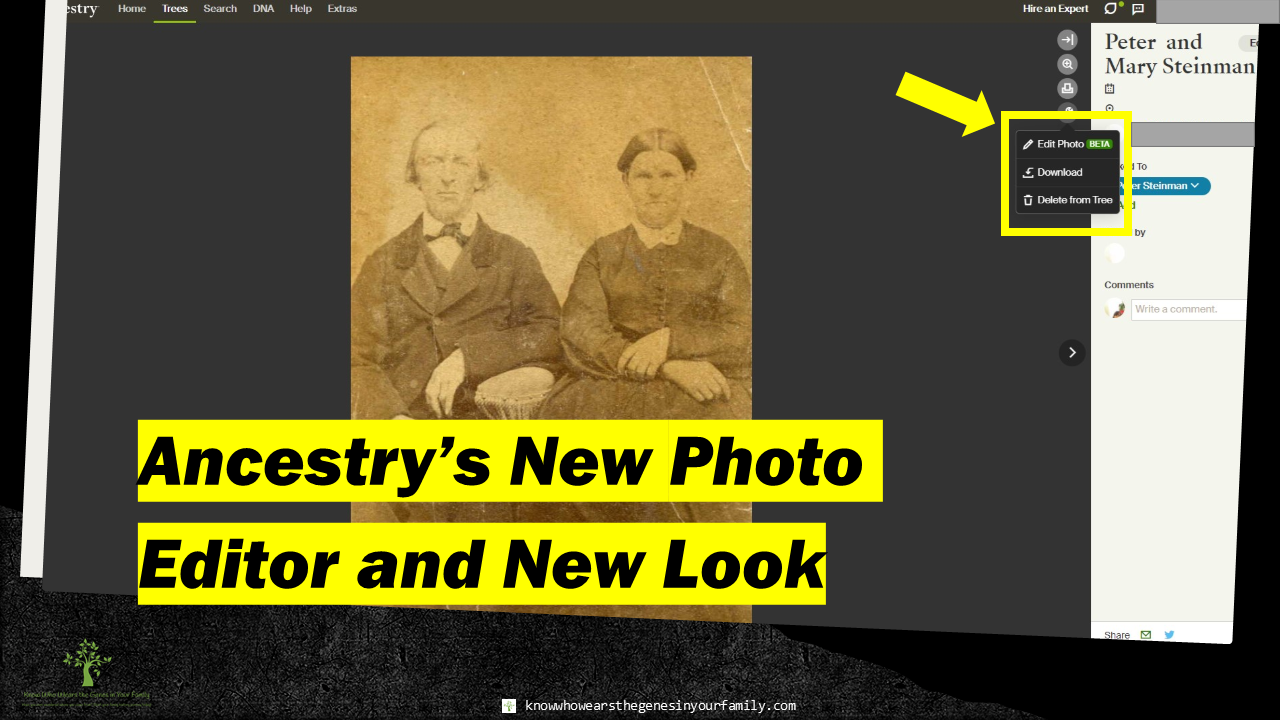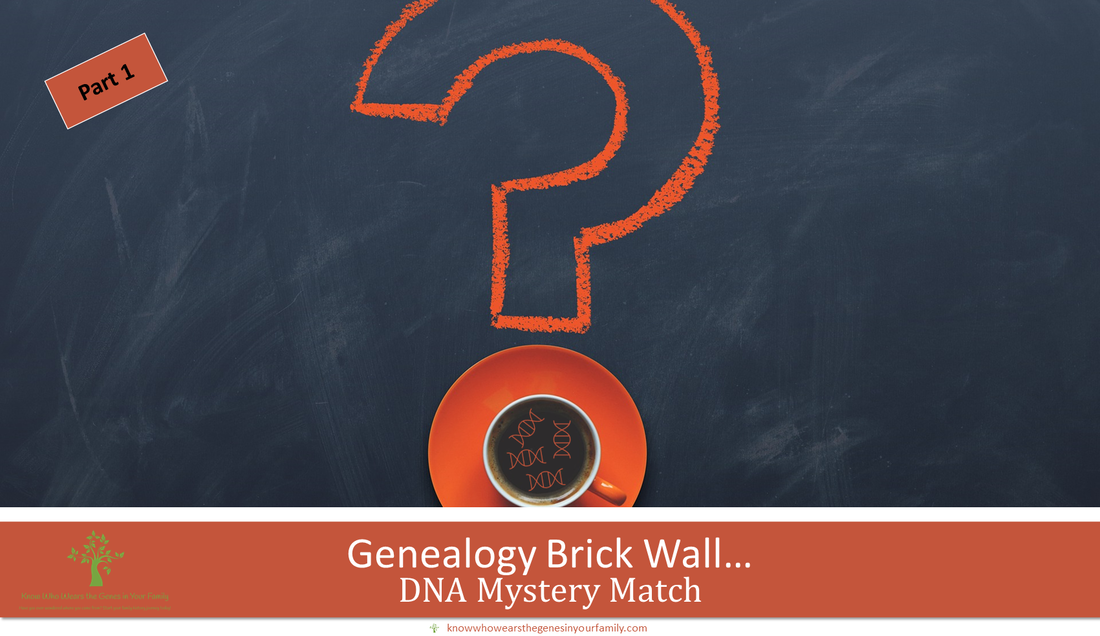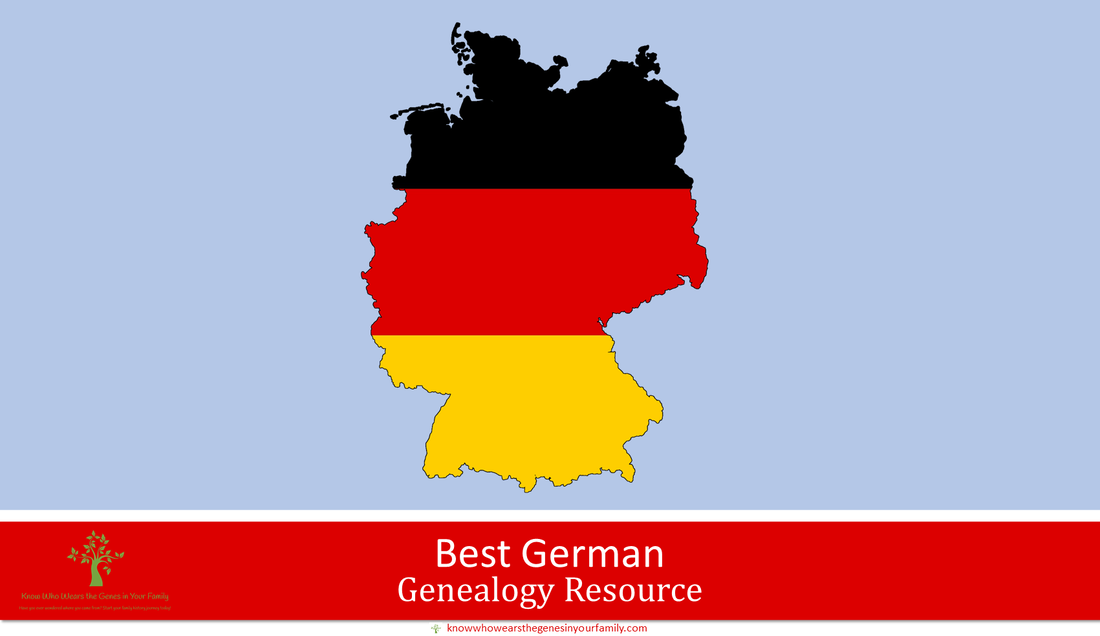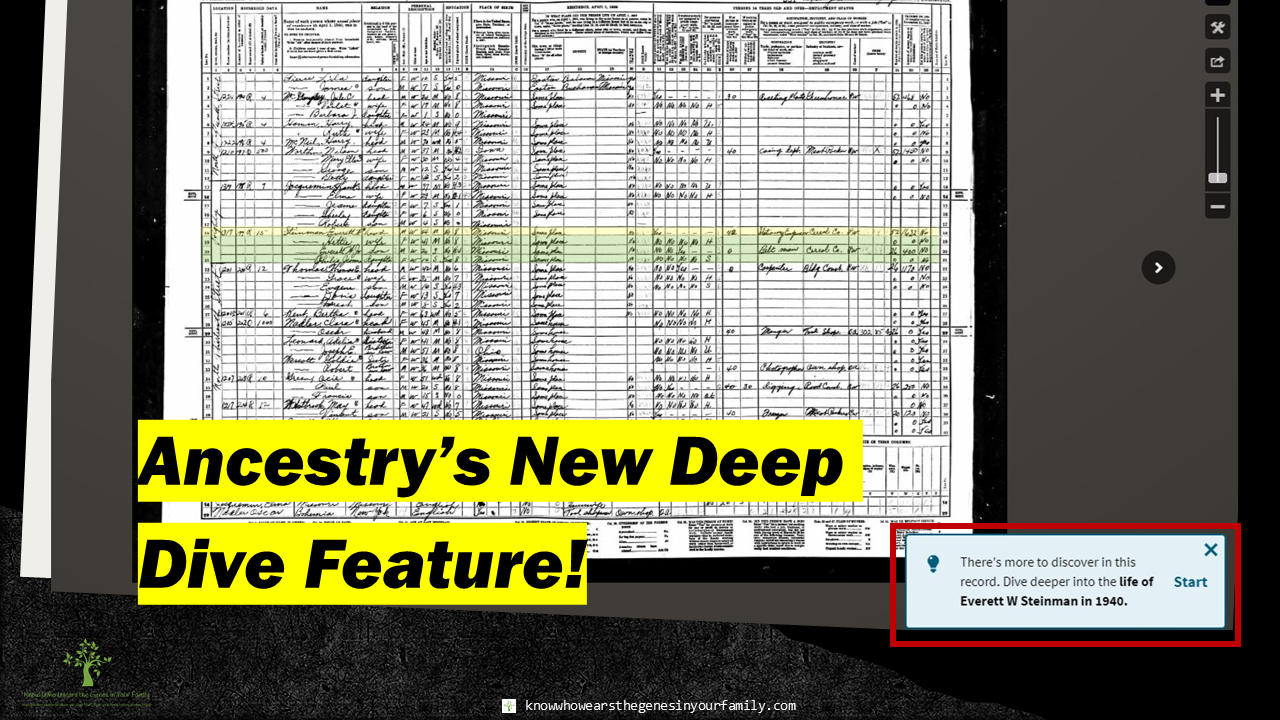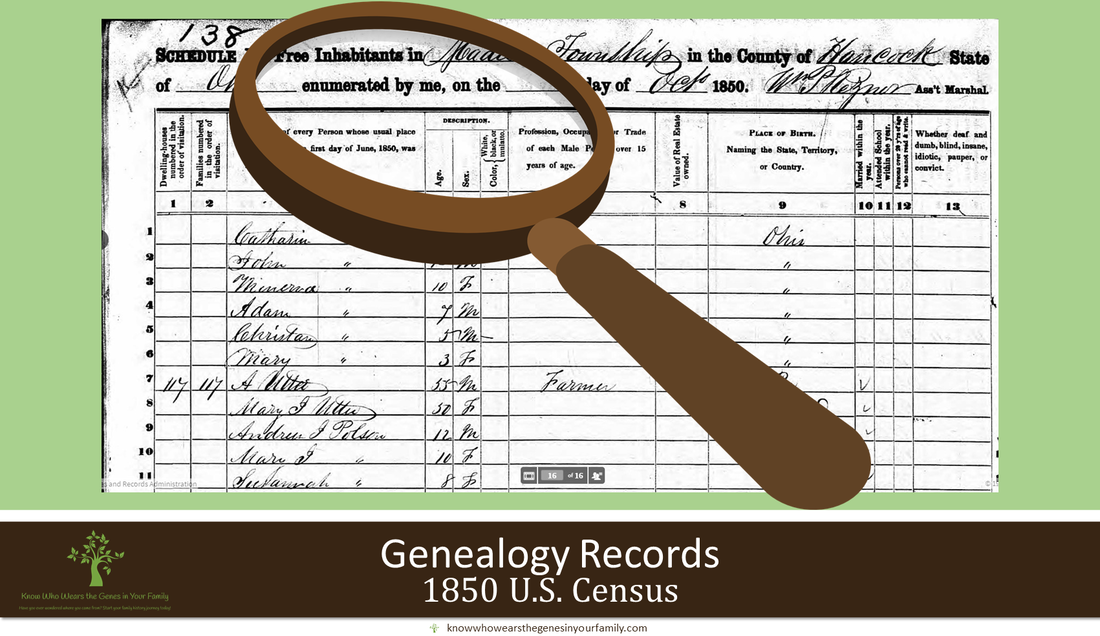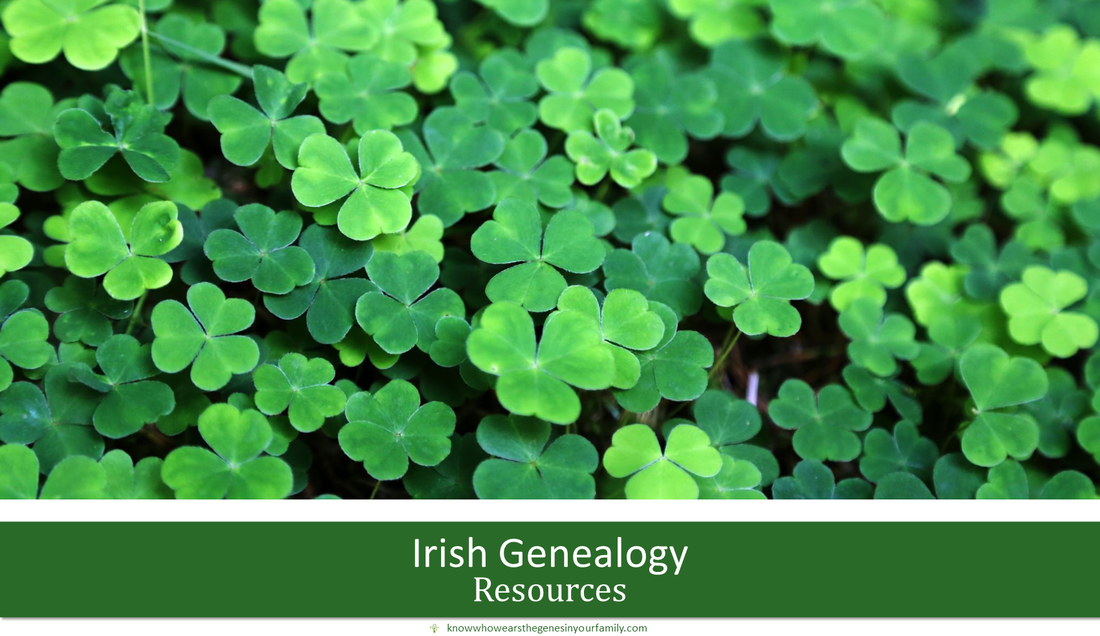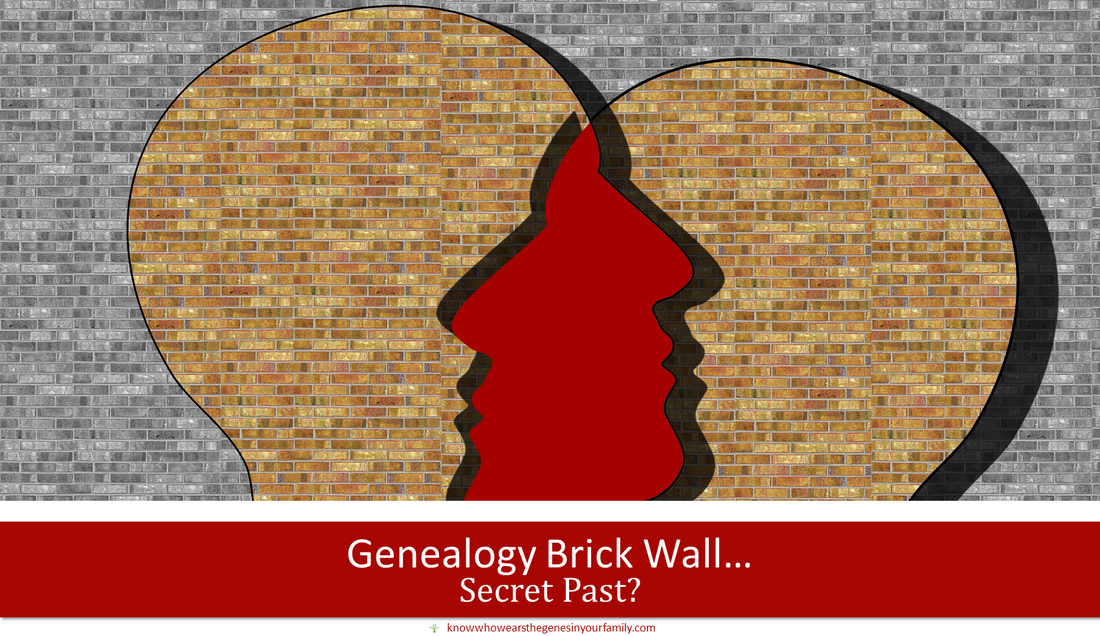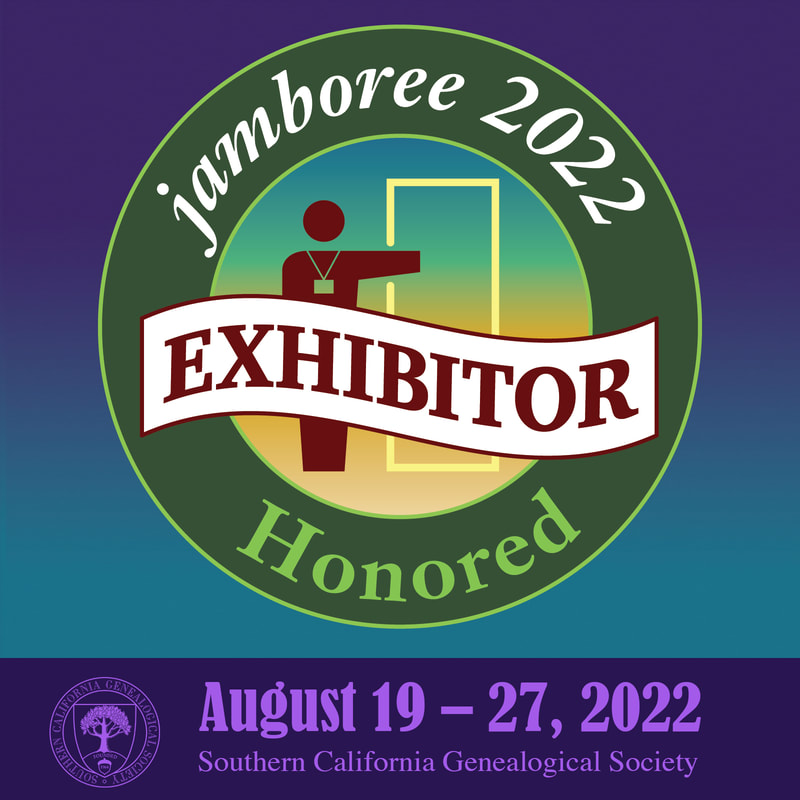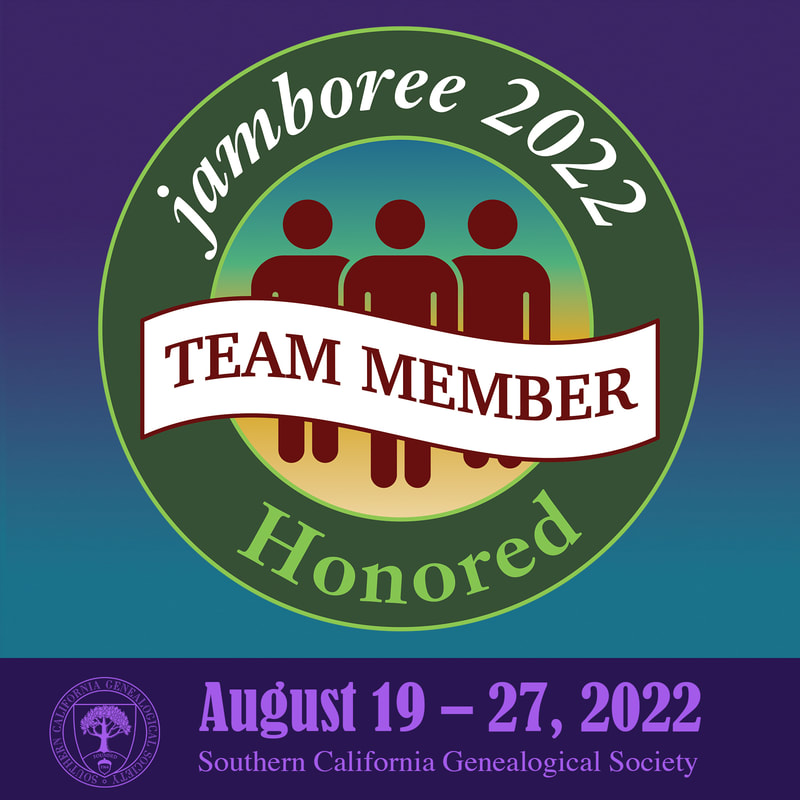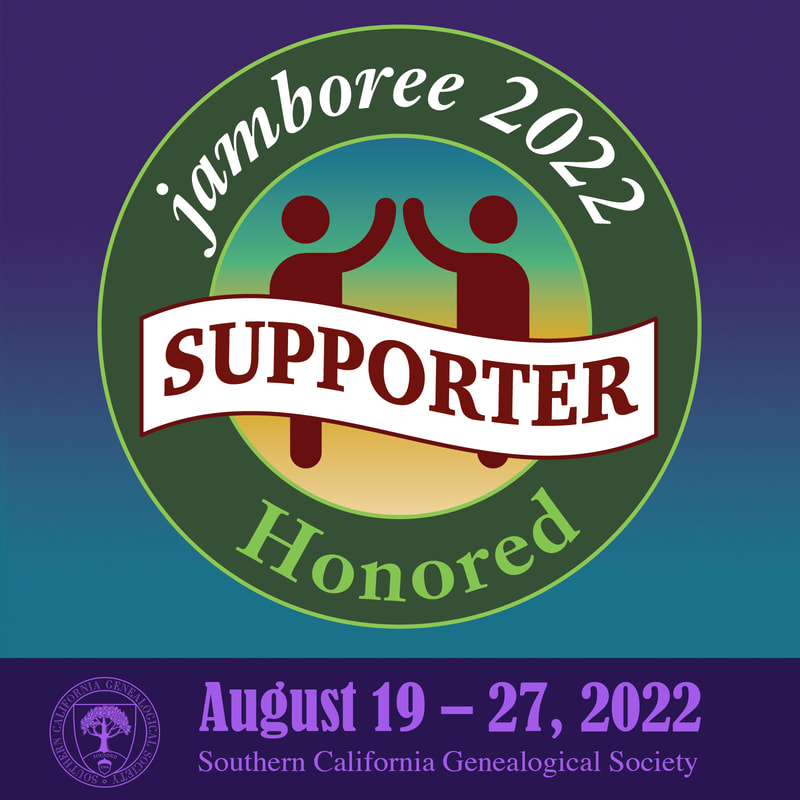Top 5 Free Genealogy Resources Exploring genealogy can be both exciting and overwhelming, especially when it comes to managing costs. Thankfully, there are numerous free resources available that provide tons of information and tools for genealogical research. Here are my top 5 free genealogy resources that every genealogist should explore, if you don’t want to break the bank. 1. FamilySearch FamilySearch is one of the most extensive free genealogy websites, operated by the Church of Jesus Christ of Latter-day Saints.
2. National Archives (NARA)The National Archives and Records Administration (NARA) is a treasure trove of historical records, many of which are available online for free.
3. Find a Grave Find a Grave is a community-driven website that provides access to cemetery records and photographs of gravestones.
4. USGenWeb Project The USGenWeb Project is a volunteer-driven website that offers free genealogical resources for every state and county in the United States.
5. Ancestry.com - Free Collections While Ancestry.com is primarily a subscription site, it offers several free collections that can be invaluable for genealogical research.
These free resources provide a strong foundation for genealogical research, offering access to records, tools, and community support without the need for expensive subscriptions. Whether you're just starting out or looking to expand your research, these websites can help you uncover valuable information about your family's history. More Genealogy ResourcesLearn about more family history and genealogy resources under the Genealogy Resources category and on my dedicated Genealogy Resources page. More Top Genealogy
2 Comments
Top 5 DNA Genealogy Testing SitesAre you ready to take the plunge and take a DNA test whether it be to enhance your genealogy, find biological family, break down a genealogy brick wall, or just to know who you are and where you came from? In the rapidly advancing field of genetic genealogy, choosing the right DNA testing service is crucial for uncovering your ancestral roots and connecting with relatives. Let's explore the top five DNA genealogy testing sites: AncestryDNA, FamilyTreeDNA, 23andMe, MyHeritage, and Living DNA. Each of these services offers unique features and strengths that cater to different aspects of genealogical research. Let's take a quick look into what each has to offer. 1. Ancestry.com/AncestryDNAAncestryDNA is one of the most popular DNA testing services, especially among those looking to build and expand their family trees.
2. FamilyTreeDNAFamilyTreeDNA is a pioneer in the field of genetic genealogy and offers a comprehensive range of DNA tests.
3. 23andMe23andMe is well-regarded for its user-friendly interface and a combination of ancestry and health insights.
4. MyHeritage/MyHeritage DNAMyHeritage is a robust platform for genealogical research, offering a strong combination of DNA testing and family tree building.
5. Living DNALiving DNA offers a unique and detailed approach to genetic ancestry testing with a focus on regional breakdowns.
Choosing the right DNA testing service depends on your specific genealogical goals. Whether you are looking for a detailed ethnicity breakdown, connections with relatives, deep paternal or maternal lineage insights, or health-related genetic information, one of these top five DNA genealogy testing sites will meet your needs. Each offers unique features and strengths, ensuring that you can uncover the rich tapestry of your ancestry and build a more complete picture of your family history. More Genetic Genealogy/DNA Resources Find more DNA genealogy resources, tips, and other info under the Genetic Genealogy and DNA category. More Genealogy Resources Learn about more family history and genealogy resources under the Genealogy Resources category and on my dedicated Genealogy Resources page. More Top Genealogy
Top 5 German Genealogy Websites Do you have German ancestors and looking for records, tools, and resources that can help in your German genealogy research? Here are my top 5 German genealogy websites to help you climb your family tree! Besides the big four genealogy websites (Ancestry, FamilySearch, MyHeritage, and Findmypast), these are German research musts! 1. FamilySearch Germany Genealogy Wiki (FREE)
2. Meyers Gazetteer (FREE)
3. Archion ($)
4. Matricula (FREE)
5. CompGen (FREE)
More German Genealogy ResourcesFind more German genealogy resources, tips, and other info under the German Genealogy category. More Genealogy ResourcesLearn about more family history and genealogy resources under the Genealogy Resources category and on my dedicated Genealogy Resources page. More Top GenealogyThe Gift that Keeps on Giving: Family History and GenealogyIf you are looking for a meaningful and memorable present for your loved ones this holiday season, consider giving them a family history gift. A family history gift is one of the most personalized and thoughtful gifts you can give that keeps on giving! Spread the joy of genealogy, while helping others discover who they are and where they came from! Whether it is a book, a photo album, a DNA test, or a family tree, a family history gift is the perfect gift to help others connect with their past and inspire their future! The Best Family History and Genealogy Gifts
More Genealogy ResourcesLearn about more family history and genealogy resources under the Genealogy Resources category and on my dedicated Genealogy Resources page.
10/22/2023 The Ultimate Genealogy Guide to Celebrating Your Ancestry during Family History Month!Read NowOctober is Family History Month, a time to celebrate and explore your roots. Whether you are a seasoned genealogist or a beginner, there are many ways to learn more about your ancestors and connect with your relatives. Here are some ideas for how to celebrate Family History Month:
This list could go on forever! 😉 Family History Month is a great opportunity to honor your ancestors and celebrate your heritage. By following these tips, you can make the most of this month and have fun with your family history research! Top 5 Scottish Genealogy WebsitesDo you have Scottish ancestors and looking for records, tools, and resources that can help in your Scottish genealogy research? Here are my top 5 Scottish genealogy websites to help you climb your family tree! 1. ScotlandsPeople ($ & FREE)
2. ScotlandsPlaces (FREE)
3. FamilySearch & FamilySearch Scotland Genealogy Wiki (FREE)
4. National Records of Scotland (FREE)
5. The National Library of Scotland (FREE)
More Genealogy Resources: Learn about more Ancestry features and other family history and genealogy resources under the Genealogy Resources category and on my dedicated Genealogy Resources page. More Top Genealogy: Find more of the best of family history and genealogy under the The Best of Genealogy category. Top 5 African American Genealogy WebsitesDo you have African American ancestry and looking for records, tools, and resources that can help in your African American genealogy research? African Amercian research is not that easy once you need to go further back than the 1870 U.S. Census, but here are my top 5 websites for African American genealogy to help you climb your family tree! 1. FamilySearch/FamilySearch Research Wiki African American Genealogy (FREE)
2. Ancestry ($ & Free)
3. National Archives- African American Research (Free)
5. AfriGeneas (Free)
More African Amercian Genealogy: Find more of the Irish genealogy under the African Amercian Genealogy category. More Genealogy Resources: Learn about more family history and genealogy resources under the Genealogy Resources category and on my dedicated Genealogy Resources page. More Top Genealogy: Find more of the best of family history and genealogy under the The Best of Genealogy category. #AfricanAmericanGenealogy,#AfricanAmericanAncestry,#Genealogy Top 5 Irish Genealogy WebsitesDo you have Irish ancestors and looking for records, tools, and resources that can help in your Irish genealogy research? Here are my top 5 Irish genealogy websites to help you climb your family tree! 1. IrishGenealogy.ie (Free)
2. FamilySearch/FamilySearch Ireland Genealogy Wiki (Free)
4. National Archives of Ireland (Free)
More Irish Genealogy: Find more of the Irish genealogy under the Irish Genealogy category. More Genealogy Resources: Learn about more family history and genealogy resources under the Genealogy Resources category and on my dedicated Genealogy Resources page. More Top Genealogy: Find more of the best of family history and genealogy under the The Best of Genealogy category. ©Diane Henriks Top 5 Family History Gifts for GenealogistsWhat could you possibly give to the genealogist that seems to have it all already?! Genealogy is expensive, to say the least! Just because one is a genealogist, it doesn’t mean they have all they need nor can afford to keep up with what they currently have. Here are my picks for the Top 5 family history gifts to give the genealogist in your family, even though you may think they have it all! Hint, hint!
Genealogy Software Genealogy Magazine Subscription Genealogy Database or Tools Subscription
Find more of the best of family history and genealogy under the The Best of Genealogy category. Top 5 Unique Family History Gifts |
Details
Categories
All
FeaturedTop PostsBlogrollEvalogue.Life, Heart of the Family, Molly's Canopy, Climbing My Family Tree, Cami Mayer, Field Genealogist, Ancestor Detective, DNA Breakthroughs, Your DNA Guide, Ancestral Findings, Genealogy Tip of the Day, Family History Daily, Genea-Musings
BlogI hope my family history and genealogy blog on genealogy research tips, resources, events, and more, along with my own genealogy journeys, will help you in your research and in building your family tree to learn more about your ancestors and family history to preserve for future generations to come! Come visit me at Know Who Wears the Genes in Your Family if you're interested in starting your family history journey, booking me for your next speaking event, or family history and genealogy heirloom products!
Archives
July 2024
|
HoursM-Su: 8am - 8pm
|
Know Who Wears the Genes in Your Family is dedicated to promoting family history and genealogy, while maintaining commitment to client care and professional service, and adheres to the Code of Ethics and Professional Practices put forth by the Association of Professional Genealogists.
|




















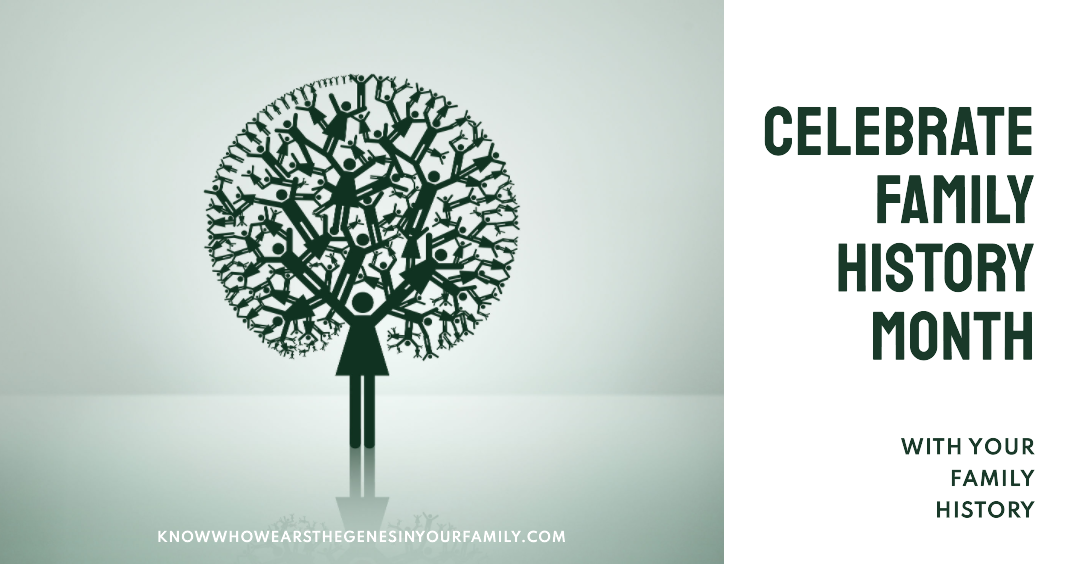
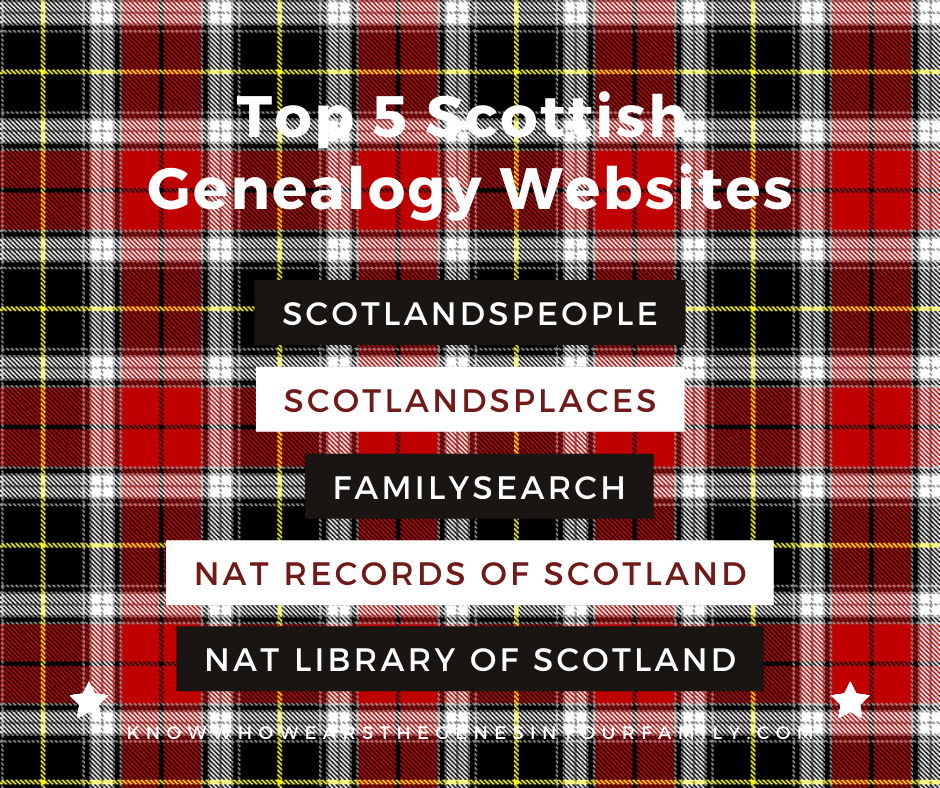
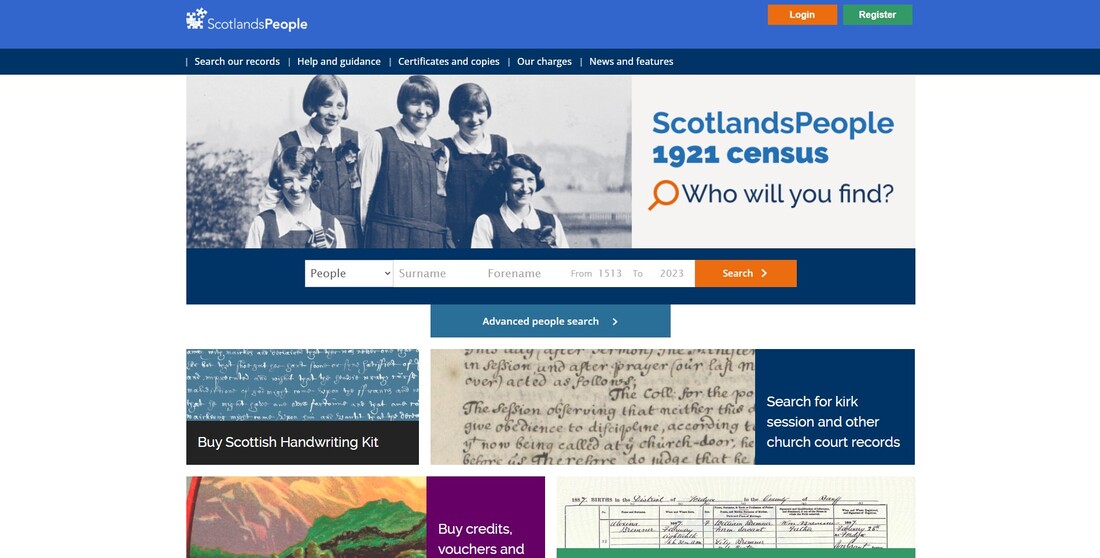
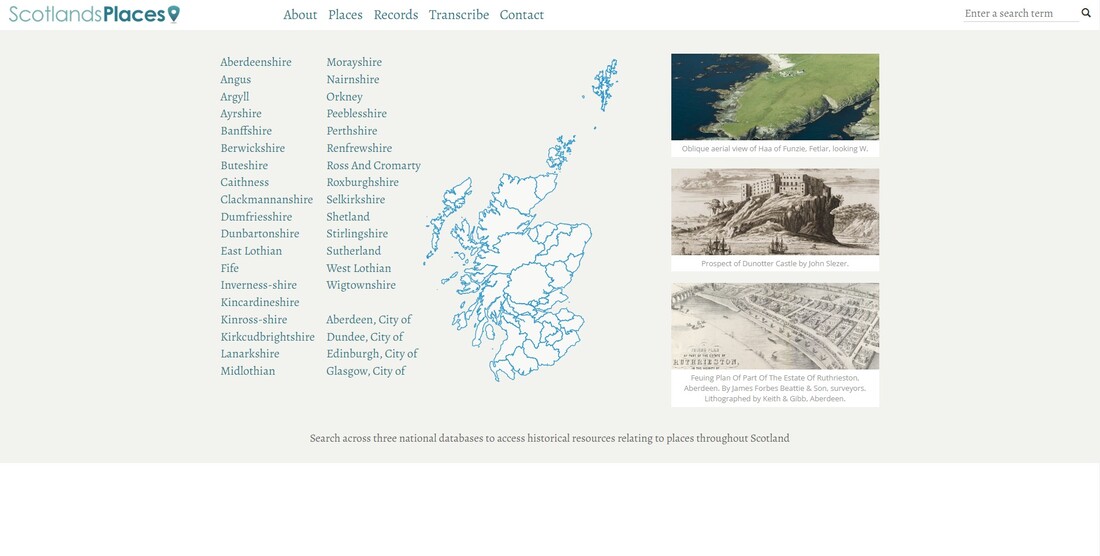
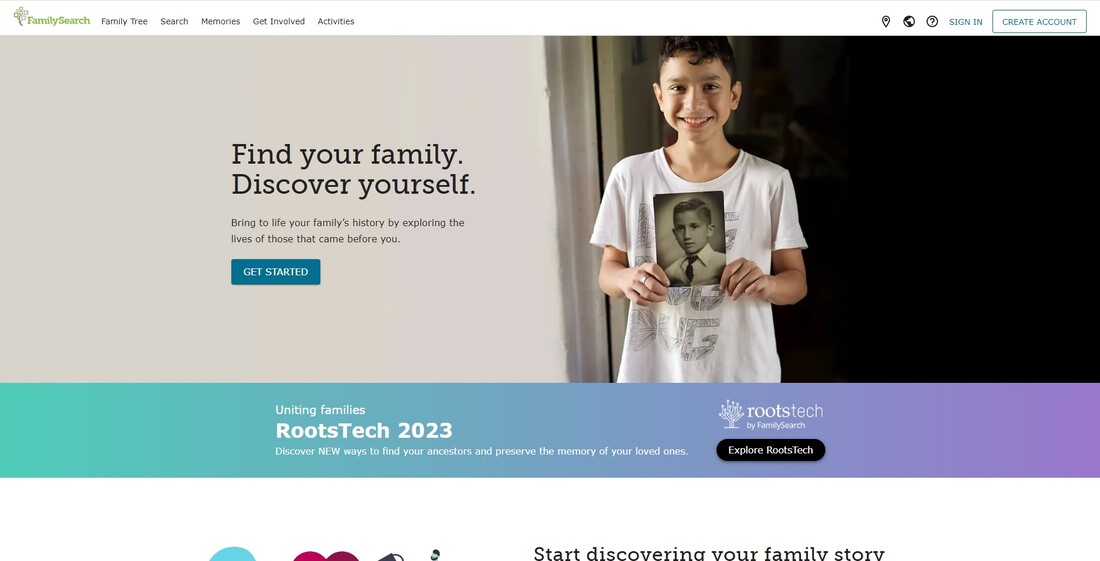
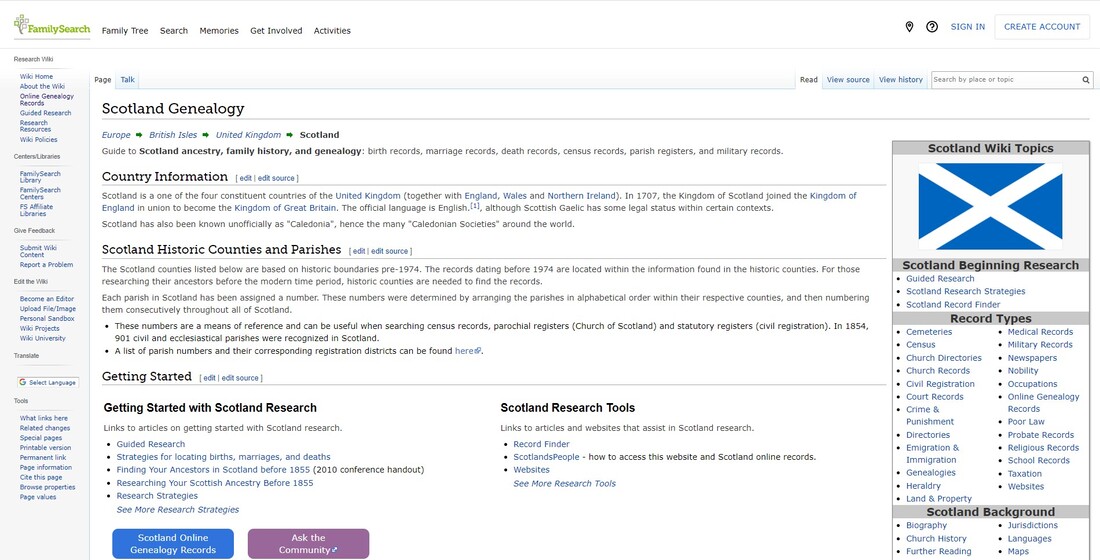
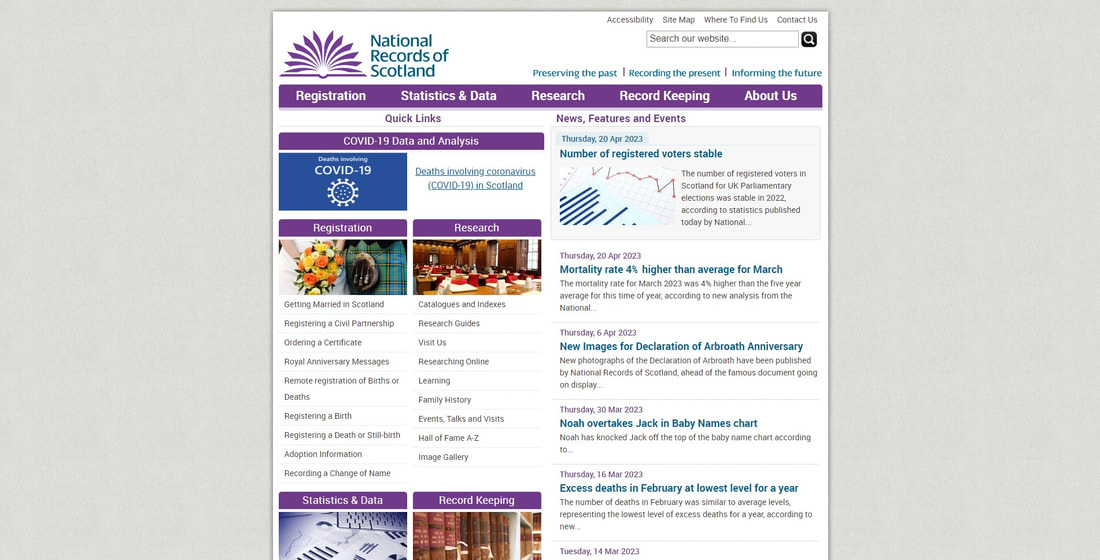
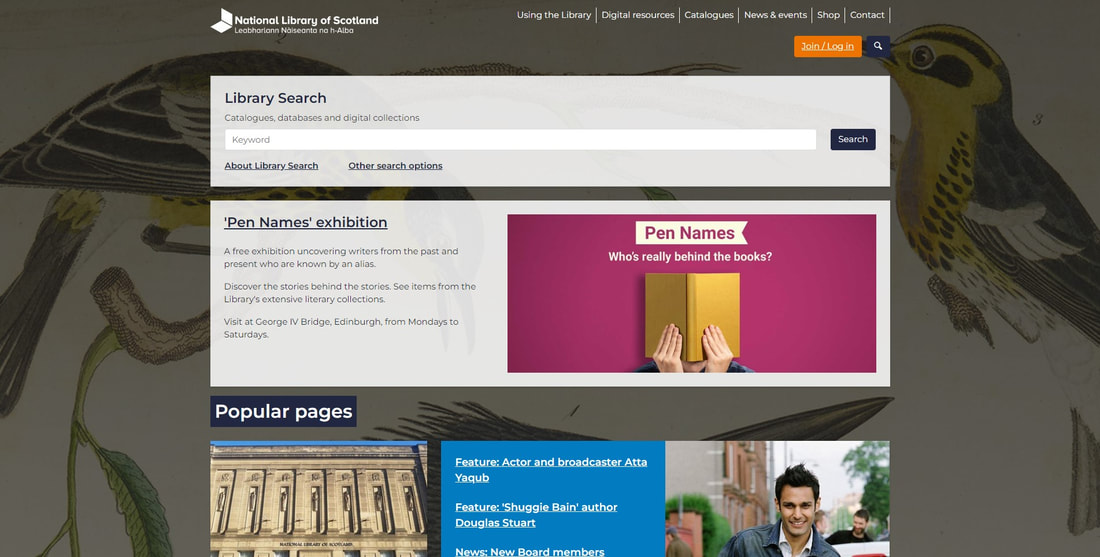
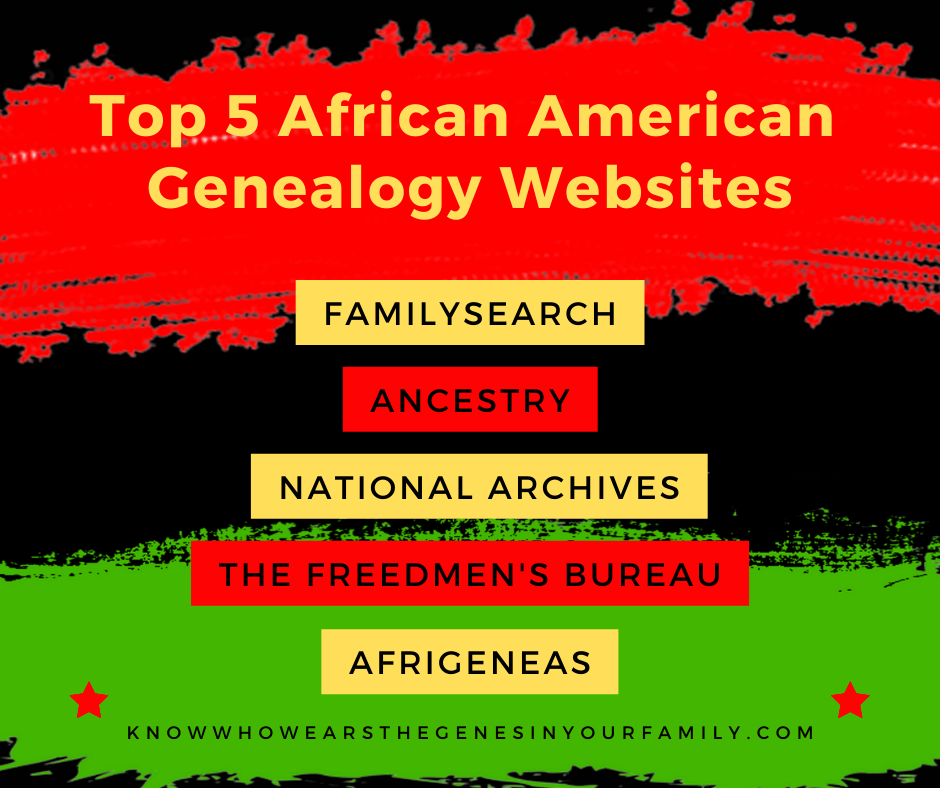
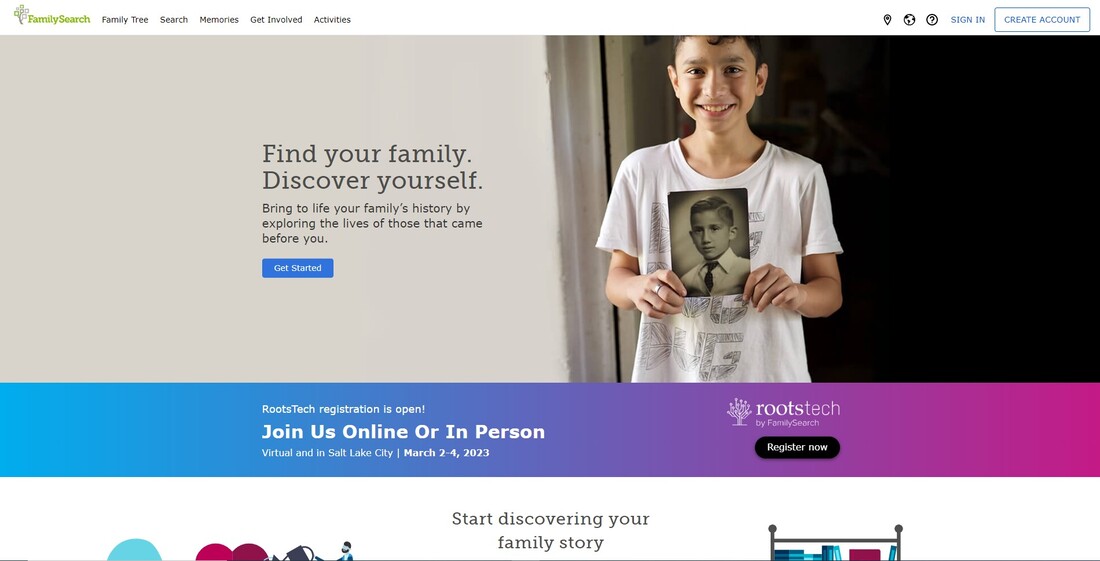
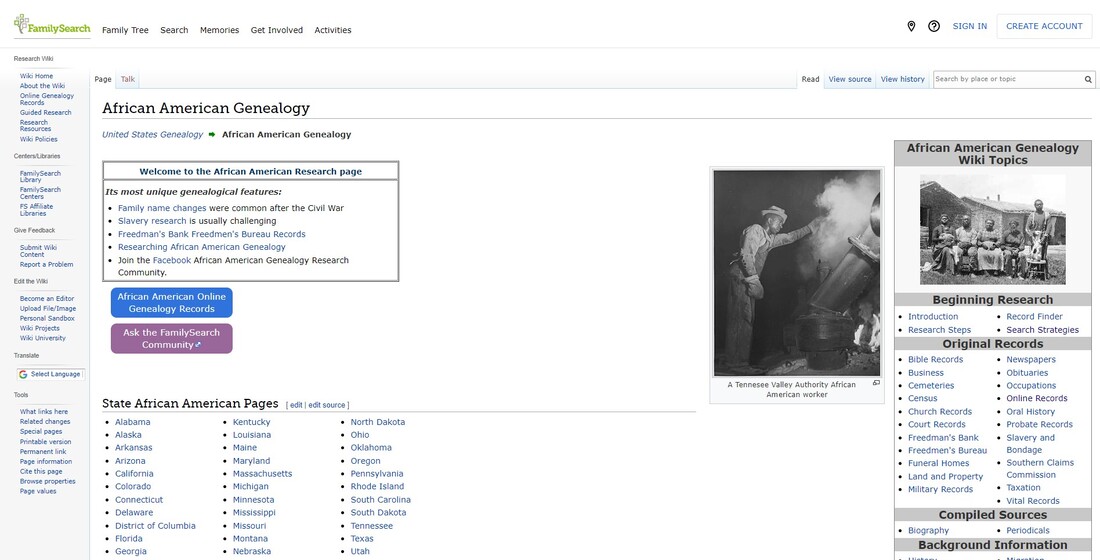
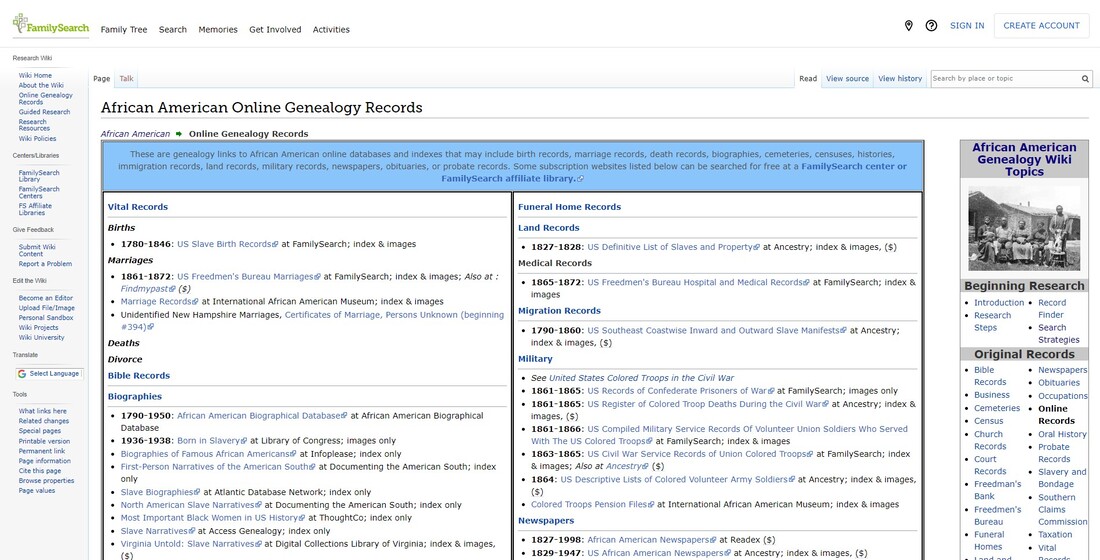
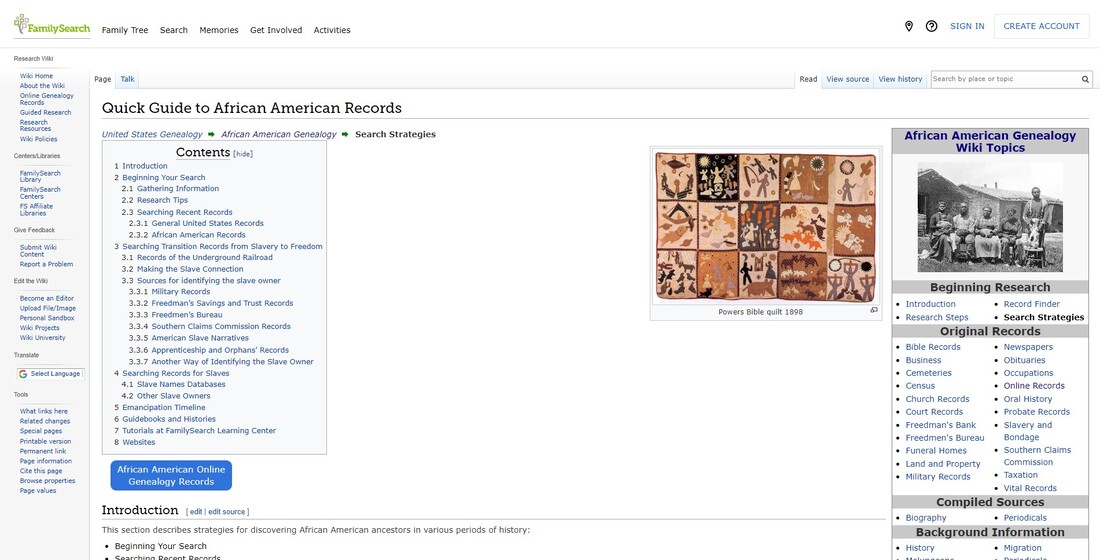
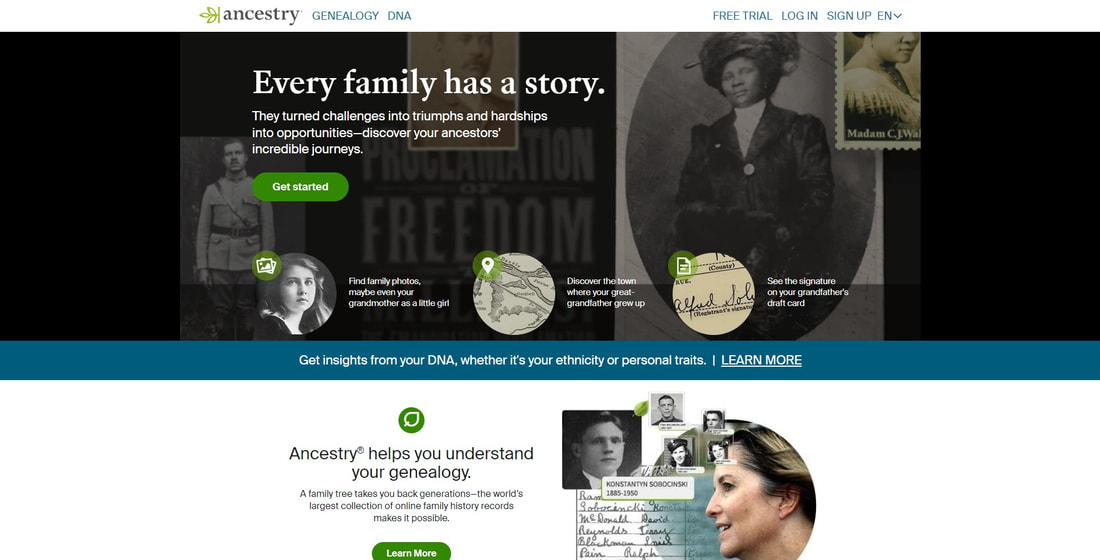
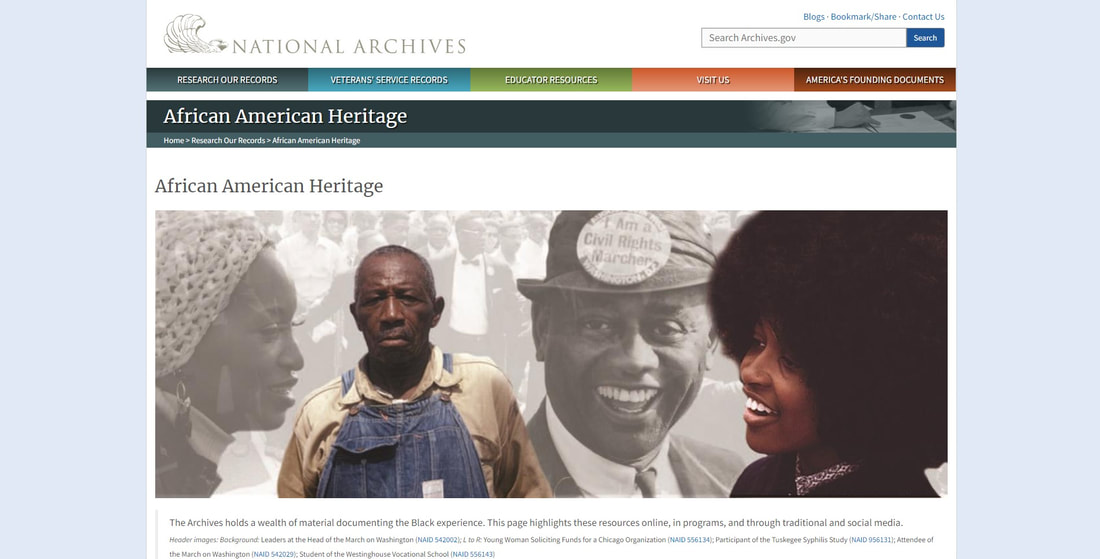
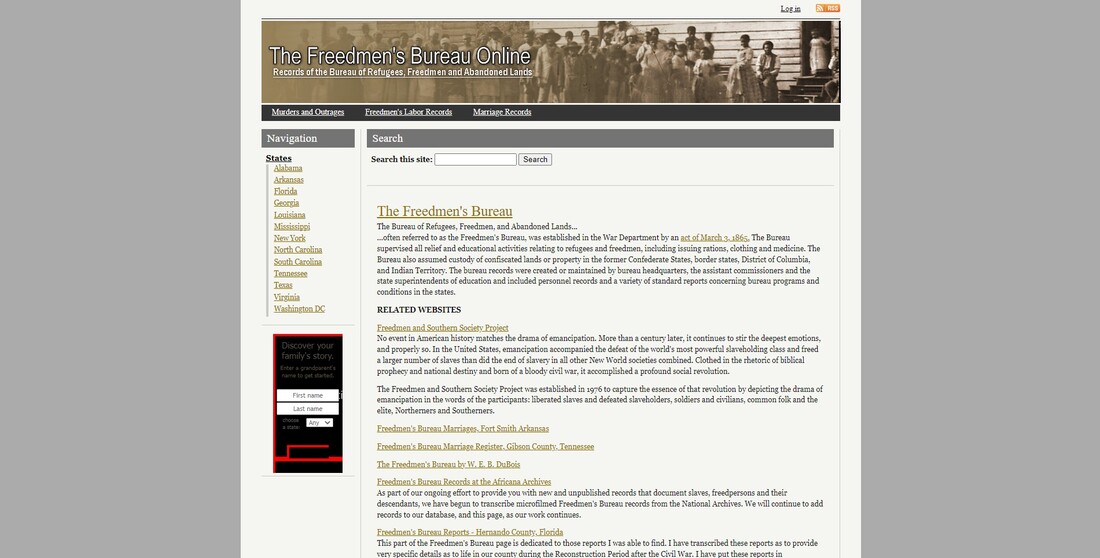
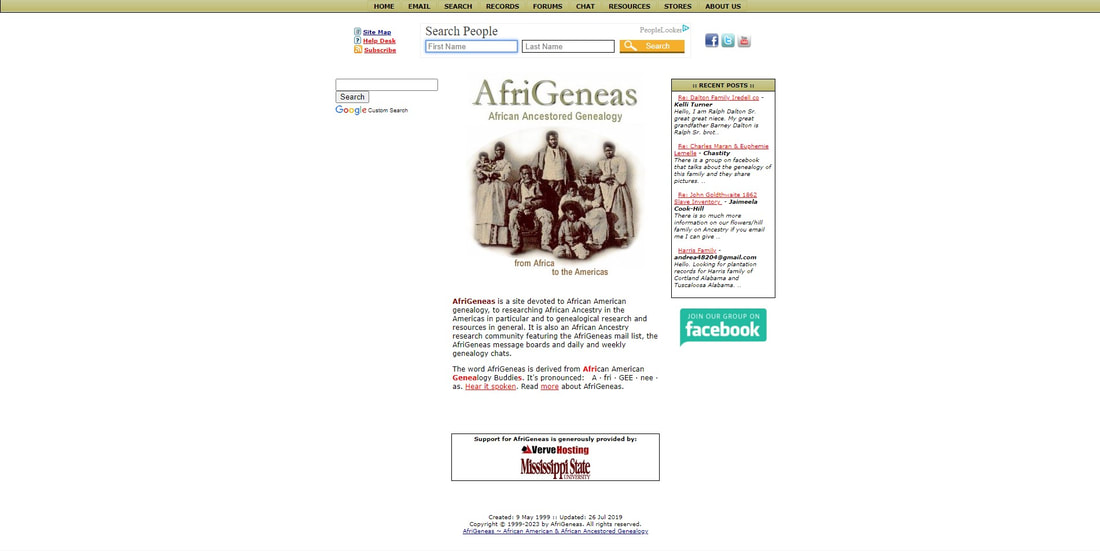
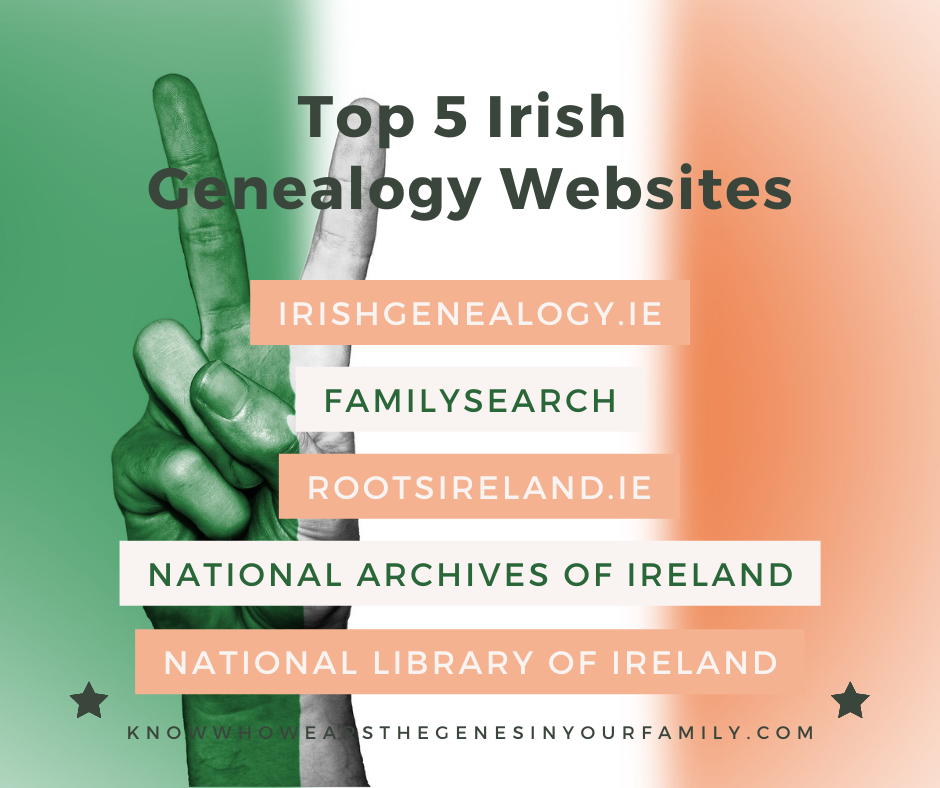
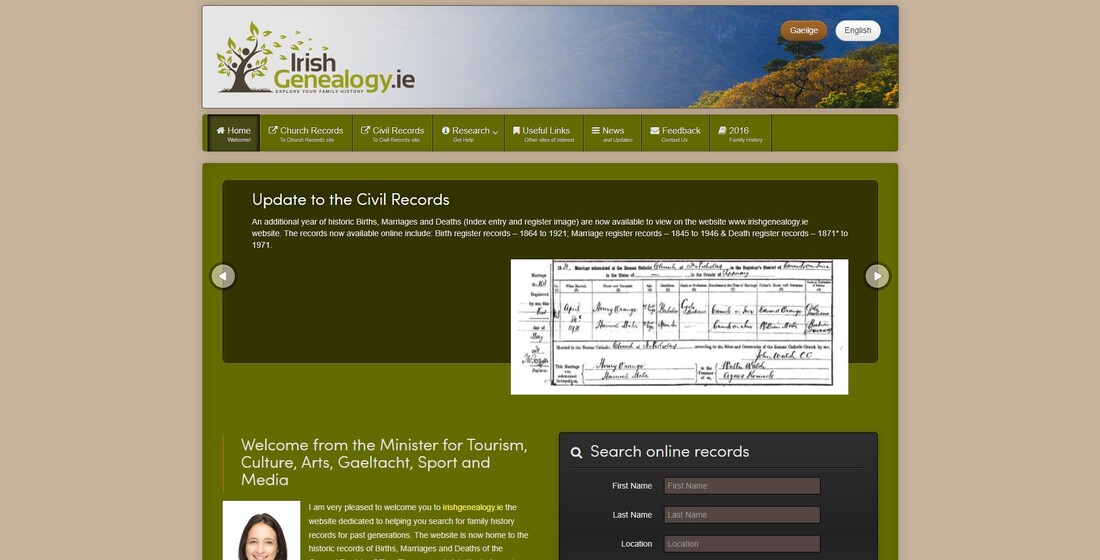
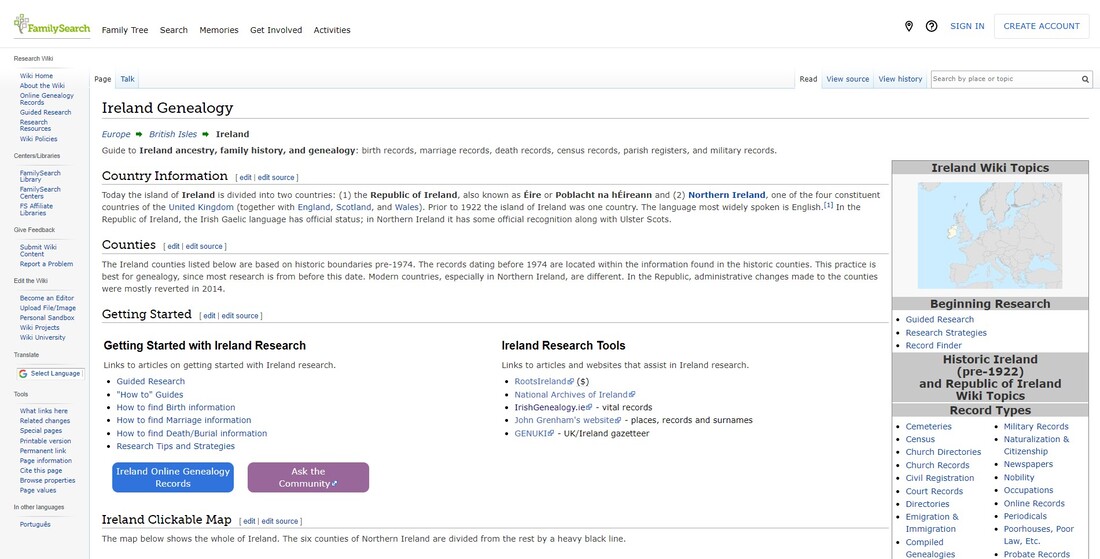
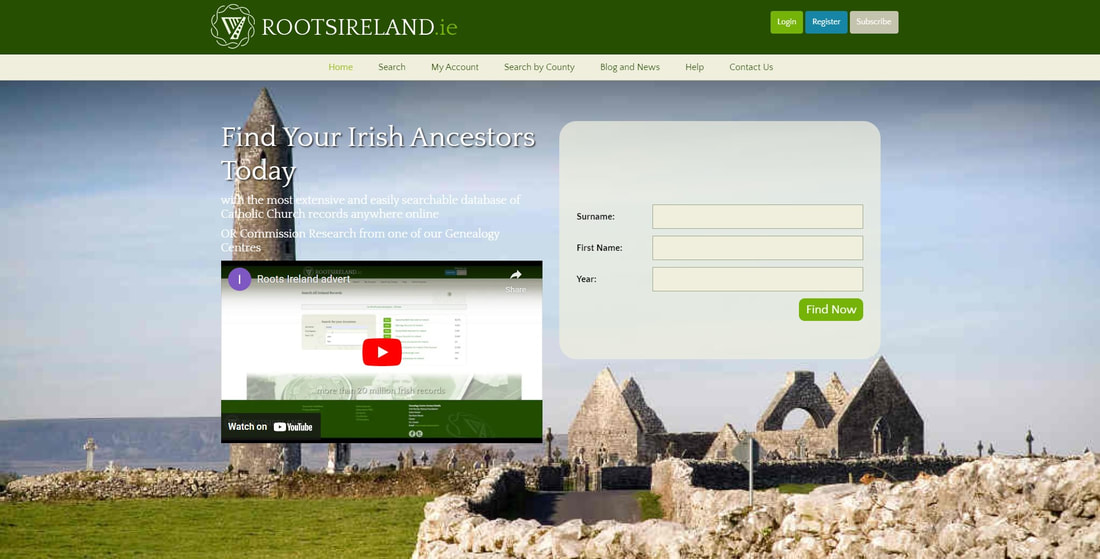
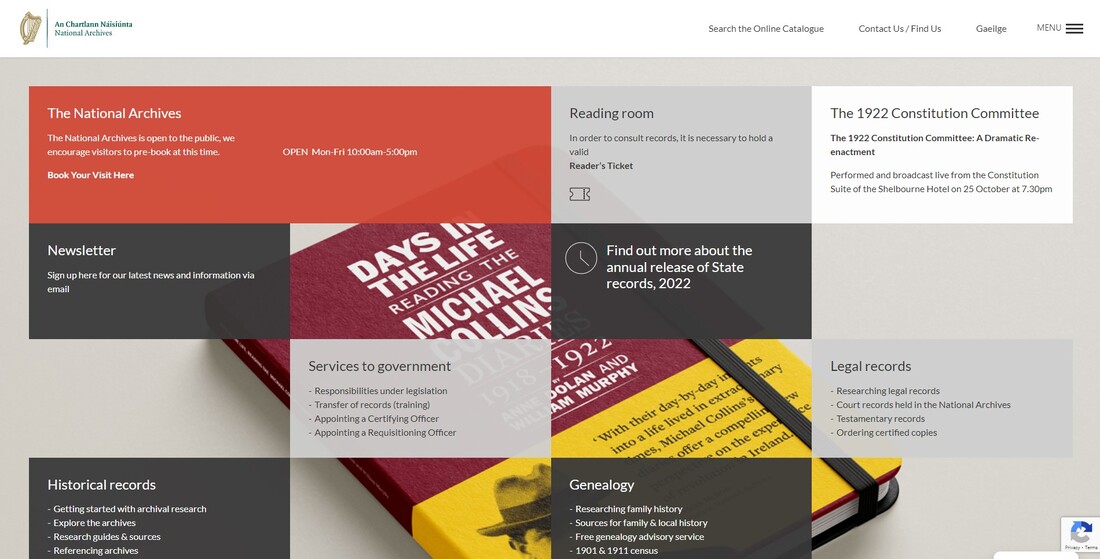
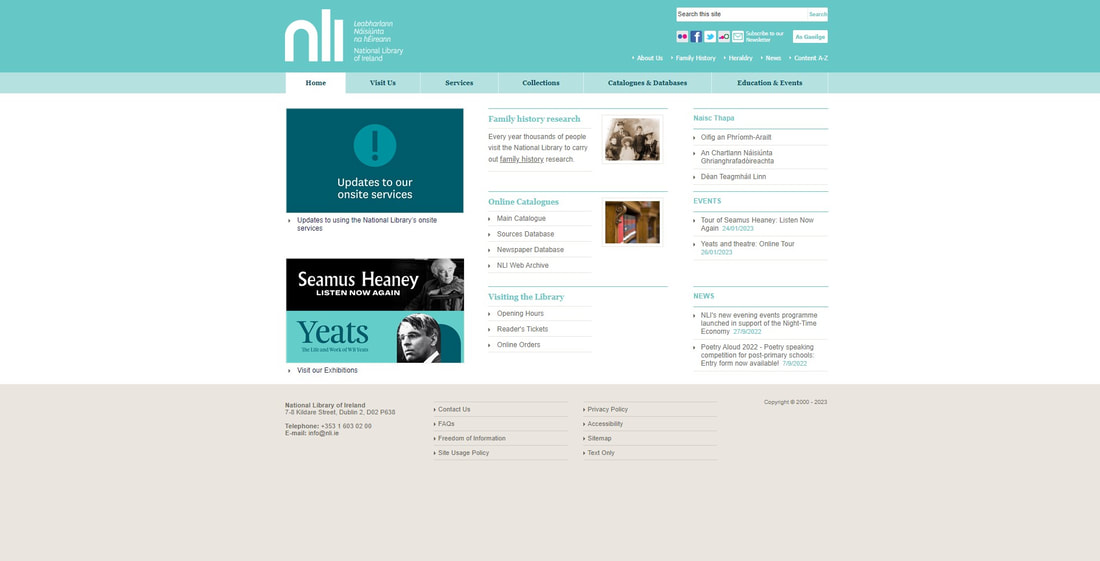
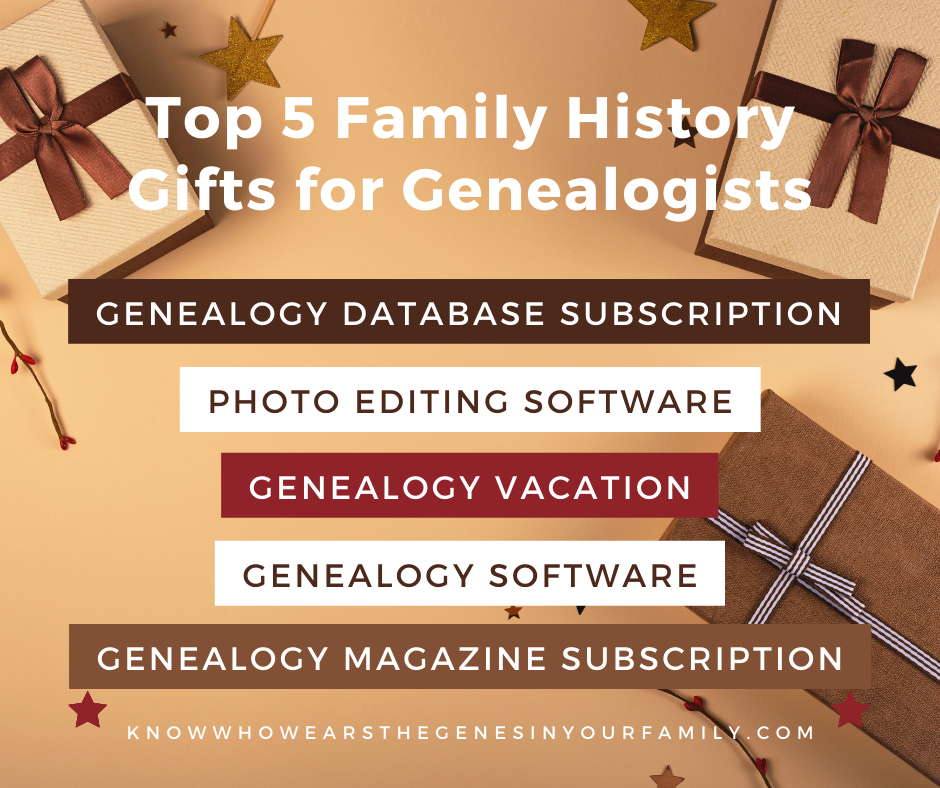
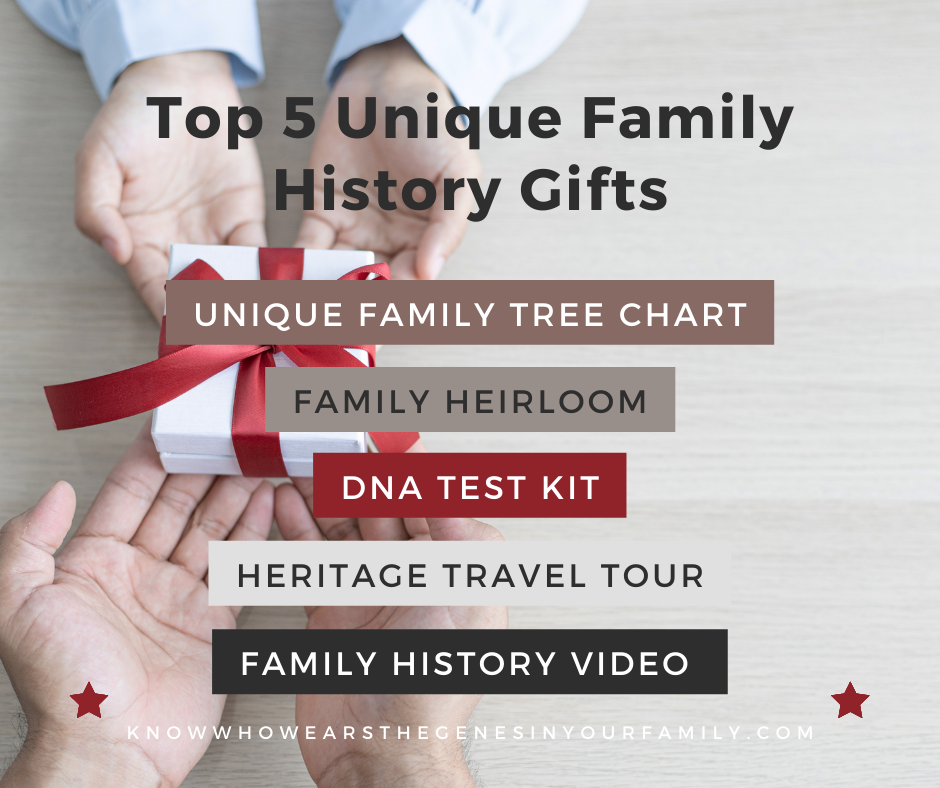
 RSS Feed
RSS Feed
